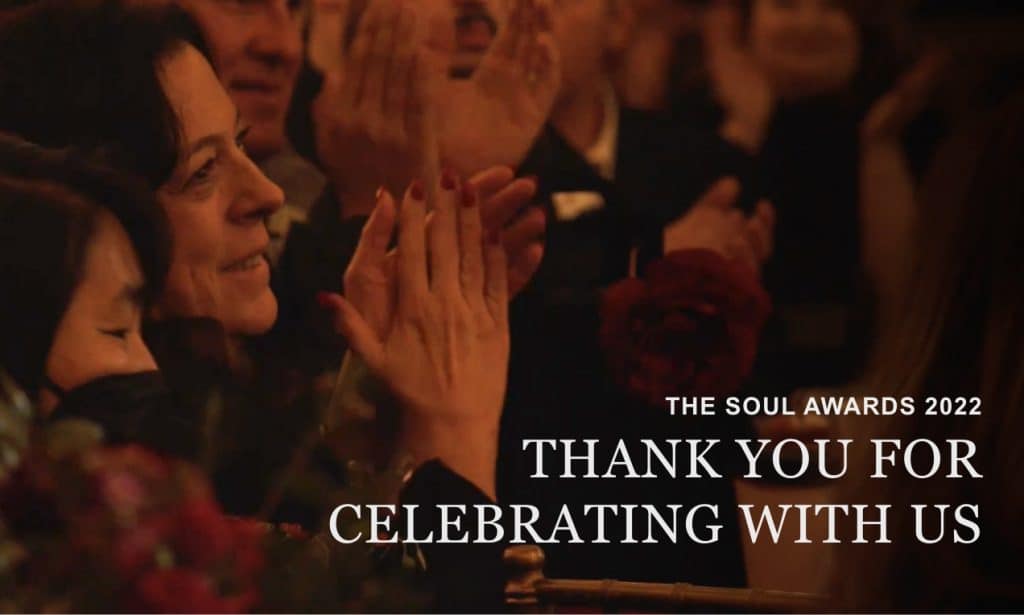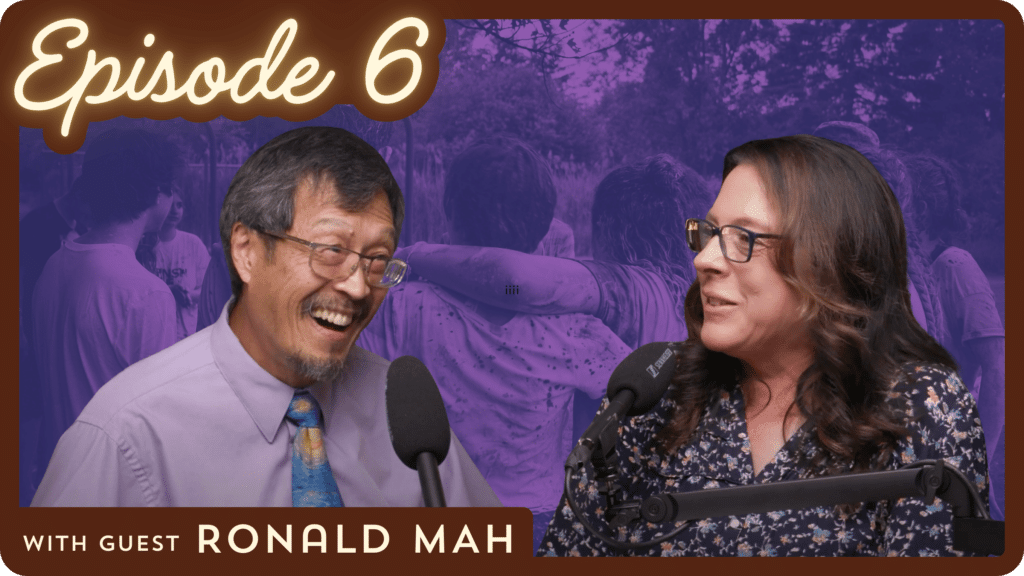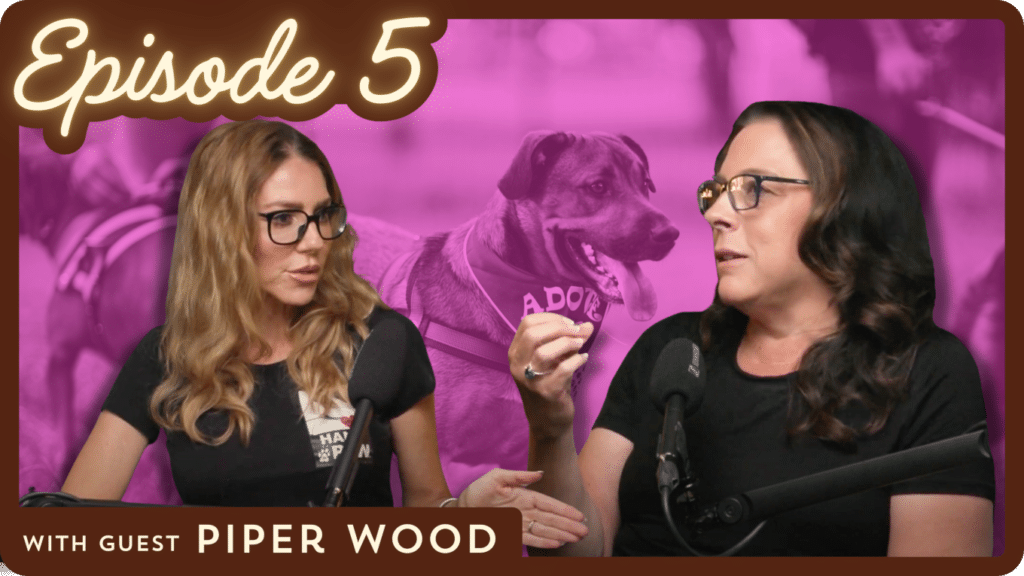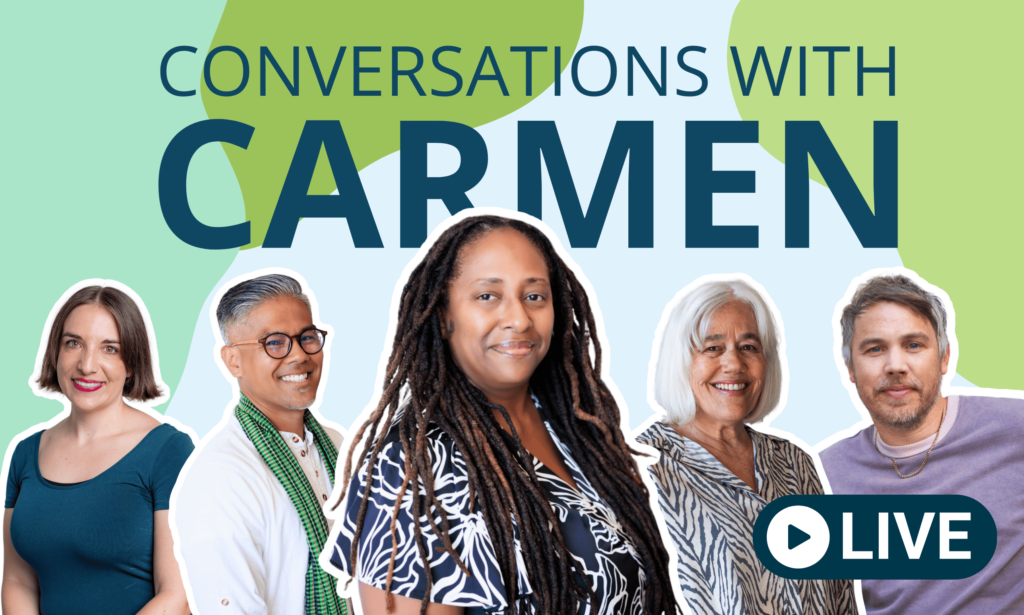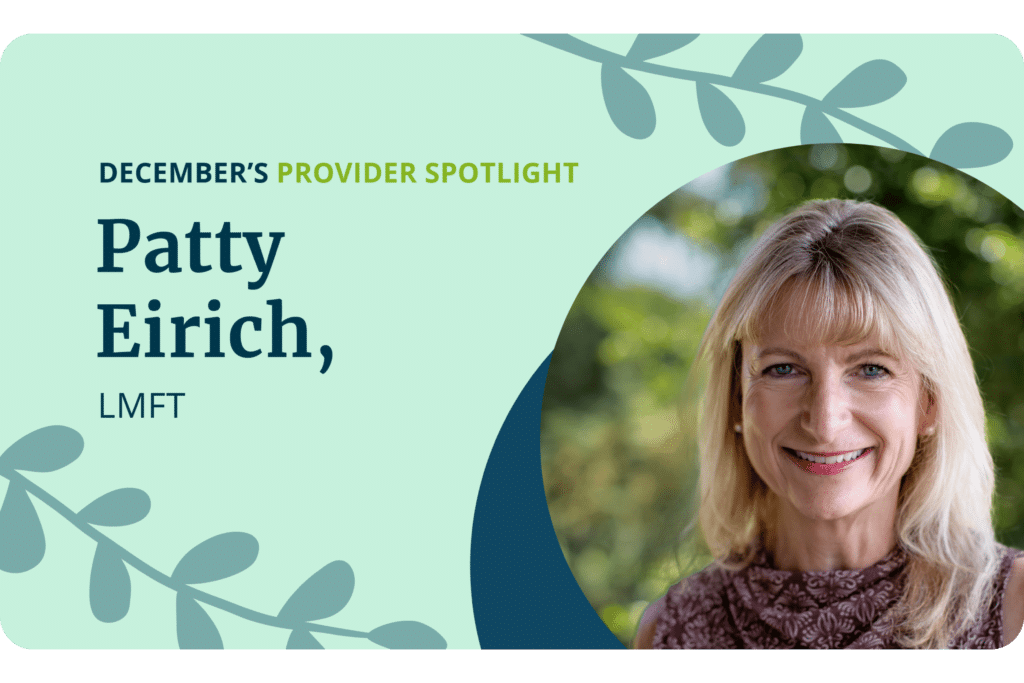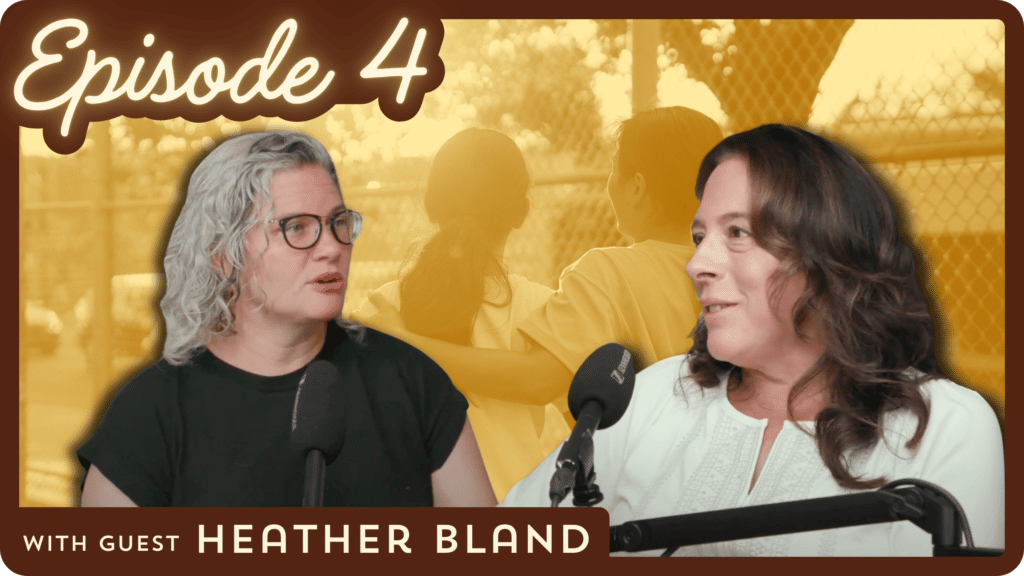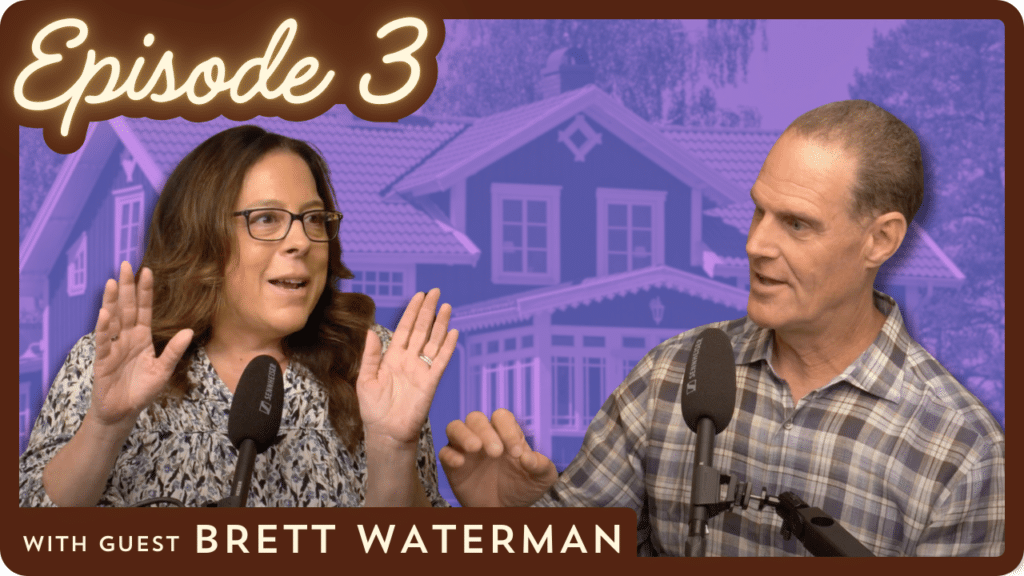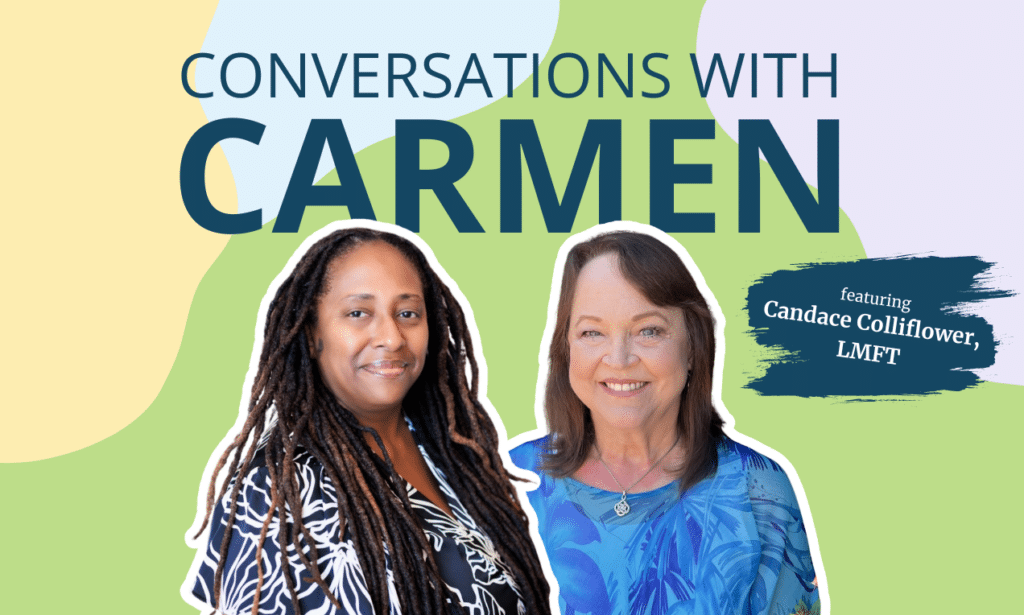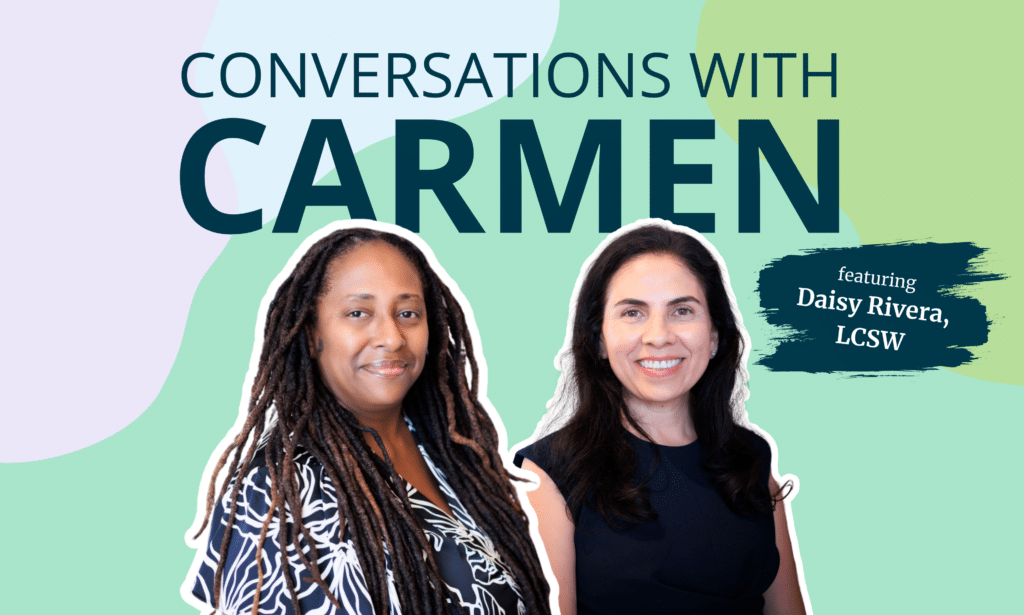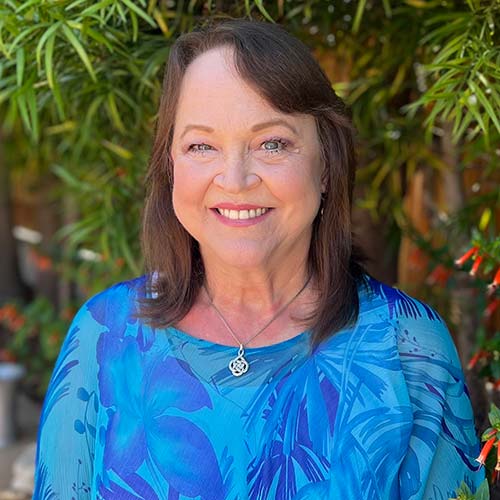
Every month we highlight a provider as our Provider Spotlight. This month’s Provider Spotlight was Candace Colliflower LMFT. Each Provider Spotlight is interviewed by Dr. Carmen Majied for a segment called Conversations with Carmen.
In this segment, Carmen and Candace discuss Candace’s journey through life and how she arrived at Private Practice.
You shared that you are originally from Western Pennsylvania (specifically Butler, PA). What was life like for you while growing up there?
Life in Butler in the 60’s and 70’s was pretty depressing. It was one of those towns in the Rust Bowl. The 2 main industries in Butler were Armco Steel and Pullman Standard. When both of those went bust, it left a lot of unemployment, both for the current workers and for the future workers. I was just thinking that most of the men I was around were unemployed alcoholics (not my father, fortunately). As part of Appalachia, the demographics were mainly blue collar workers and hillbillies.
You also mentioned that at some point, your interest in leaving Butler grew over time (due to the environment being fairly rural and not necessarily conducive to kids pursuing college/university experience). I guess one might say that was the ‘culture’ at the time. What is your perspective?
I realized several years ago that the people in PA were generally very nice people, “salt of the earth”. As I moved to different parts of the U.S. I also realized how prized a commodity that is.
You shared that your parents “valued education” and were strong advocates of it. How do you perceive their shared value system around learning possibly influenced your decision-making/educational trajectory?
My mother knew the value of education, even though she only graduated high school. My father was a woodworker, but agreed with my mother that he wanted us to get an education. He had only graduated high school also. It was never a question for my brother and I that we would go to college. And for me, to get out of Dodge asap. As a 1979 grad, I was right at the cusp of the Women’s Lib and Civil Rights movements. I knew I had more choices for careers than my mother did, but I still only thought as big as being a school teacher.
You earned your Bachelors degree in English/Communication Arts. What intrigued you about that particular area of study? What were your long-term plans for utilizing your degree?
I had aspirations of being a newscaster. I loved studying weather, etc. and dreamed of being a local weather person or news anchor. The small liberal arts college I went to gave me some exposure to TV and broadcasting, but I had no guidance or contacts to help me get into the field.
You shared that you had the opportunity to teach. Was this during your undergraduate years or subsequent? What class(es) did you teach?
undergraduate years or subsequent? What class(es) did you teach? So I pursued my teaching degree in secondary education. I did my student teaching at my old high school-and hated it. I taught Grammar, Shakespeare and theater to high school seniors, and was shocked and dismayed when I saw 30 kids totally uninterested in what I was teaching them! Where I was excited to share so many cool things with the students, they were just watching the clock, waiting for the school day to end. I decided that was not the path I wanted to take.
You mentioned that you decided to relocate to Pittsburgh, PA, where you began working in the Sales industry. What specific area(s) of sales did you focus on? What were your personal and professional takeaways from the experience?
I got the chance to move into an apartment in the city of Pittsburgh with my longtime friend, so I jumped at the chance. My parents kindly helped, but I wanted to be self-sustaining as soon as I could. I answered want ads and ended up getting my first job as a sales rep for L’Eggs Pantyhose. Sales involved delivering and maintaining the pantyhose displays. I drove a UPS-type van in downtown Pittsburgh and its surroundings. I became a trainer for L’Eggs, but decided to leave after 3 years to get a better job. I worked for Bell & Howell, presenting assemblies to high schools and signing up seniors to attend their DeVry Institutes of Technology. This gave me public speaking experience. I was promoted first to Columbus, OH and then Chicago, IL with DeVry. In Chicago, I switched to selling legal and tax resources through Commerce CLearing House (CCH). It was with CCH that I was able to transfer to LA.
Subsequent to living and working in Pittsburgh, you relocated two more times (from Pittsburgh to Columbus, Ohio; from Columbus to Chicago, Illinois) before settling in California. What stands out the most for youwhen you reflect back on your travels and professional pursuits? What ultimately brought you to California?
I realized when I moved to Chicago that people were not as nice or welcoming as in Pgh. it was difficult to break into friend groups, which made me more lonely than I had ever been. At a party (in Oprah’s building) I met an artist/architect who lived in Santa Monica. After dating for a couple years long distance, we got engaged and I moved to Santa Monica. Unfortunately, once together, the relationship was short-lived, but I had finally arrived where I felt I always should have been–Southern California!
When you initially relocated to California, you were working in the Sales industry on a full-time basis. However, it was then that you also began pursuing your Masters degree in Psychology. How did the two vastly different worlds overlap? Intersect? Or, possibly conflict?
While I was living in Chicago, and was struggling with my mental health, I began to read a lot about psychology, Buddhism and other spiritual practices. I realized that the field of Psychology was my passion. Unfortunately, in Chicago there were no part-time graduate programs, and I had to work to support myself. So, the move to CA was fortuitous for the reason that I could work full-time with CCH and attend a program at Pepperdine in the evenings.
In terms of your personal life experience, you shared that you met your husband and had your two children during your Masters program. How seamless and/or challenging was it to balance your time during this period of your life?
Initially, I wanted to be a researcher, because I had no interest in doing face-to-face sessions with clients. Therefore, I took the shorter program in Clinical Psych, planning to go for a PhD. During that period, I met and married my husband. I also got pregnant quickly, and realized I did not want to spend another few years in a PhD program. Pepperdine was kind enough to allow meto transfer over into their Counseling Psychology program without re-taking too many courses. So I earned my degree in 2 years.
You shared that you earned two Masters degrees- one in General Psychology and one in Clinical Psychology. You also shared that your original intention was to become a researcher. However, your expanding interest in providing therapy/working with clients was instrumental in inspiring you to pursue the second Masters degree. Can you please elaborate on that journey?
(Continuation from previous question) During my last year of school, I was pregnant with our second child. I remember presenting one of my final projects and being so pregnant that I got dizzy from not being able to breathe deeply enough. During that time, I also was doing HR and Payroll for my husband’s company, and working part-time in sales for a diabetic testing company. I was always busy, but was happy having all those roles.
Subsequent to earning your Masters degrees, you interned at Cedar Sinai Hospital (while continuing to assist your husband with HR related work). You shared that you worked with children (ages 5-8) who had autism and other developmental disabilities as well as seizure disorder. You stated that your primary role was to provide therapeutic support to your clients as they worked toward transitioning to a mainstream school setting. What was gratifying (and challenging) about working with those clients? What would you say were some necessary key ingredients in not only assisting your clients with mainstreaming, but equipping them with skills to function in a mainstream setting?
In earning your MFT, one has to do 3,000 hours, 500 of which need to be with children or families. Again, I never thought I would enjoy working with children, but those 500 hours at Cedars-Sinai Cheerful Helpers Therapeutic Preschool changed my mind. The students had various developmental delays, including seizure disorders, high-functioning autism and other syndromes which affected their ability to be in a regular school. The foundation for our work with them was based on Stanley Greenspan, who recognized the importance of meeting children on their level-both developmentally and physically-in order to maximize communicating, interacting and learning. Attachment theory was also a foundation. When I was an intern there, I helped develop Social Skills groups as well as working one-on-one with the children.
You have prior experience with with facilitating Therapist Assisted Horse Therapy. Can you please elaborate on what this is and what your specific role was? What are some of the implications as far as clinical/therapeutic outcomes are concerned?
At CHPS, I worked closely with one particular student who had a myriad of physical issues, leading to all kinds of delays. Her parents were so pleased with their daughter’s improvement, that they asked me to come and work at a “children’s ranch” which they were starting in Silver Lake. At the Ranch I developed and led Social Skills groups and also worked with kids one-on-one while they were riding the horse. This was not Equine-Assisted therapy per se, but Iused the calmness of the horses to calm the child and make them vulnerable to interventions. When the Great Recession hit, the Ranch took a big hit, due to this therapy being considered a “luxury”. When business picked up again, I decided I was too old to be doing that work.
Subsequent to working in the hospital and therapeutic school settings, you ultimately transitioned to private practice (Soultenders) in 2017. What brought you here? How does Soultenders support you professionally?
Throughout the years, I always maintained a small private practice in SOuth Pasadena. Eventually, I knew I needed to do more marketing to find more clients. That task felt overwhelming to me, so that’s when I discovered the business plan of Soultenders. It felt like a perfect fit for me, because I would be able to focus on actually doing therapy, rather than all the related-and necessary-tasks. And now, with the addition of CEU’s, Soultenders truly meets all my needs professionally.
You shared that you see individuals and couples in your practice (with a keen interest in working with young adults). You also mentioned that you integrate “re-parenting” into your work with clients (mostly young women). What is re-parenting and what is the potential therapeutic value in utilizing this particular clinical tool?
The favorite work I’m currently doing is what I call “re-parenting”. OVer the years, I realize how many young people are not “launching” or do not know how to manage adult life and be self-sustaining. Because of my knowledge of attachment, I realize for a lot of these young adults, they had terrible parenting that did not prepare them to be happy or successful. I have 2 clients that had very abusive, neglectful parenting. I have found that when I suggest to them that they can re-parent themselves to do it right this time. So together in the therapy process, we go back to the fundamentals of mirroring, validating, learning to trust the world and themselves. I become the “ideal parent” to give them the support they did not have. I have watched as many clients have changed their narrative and are able to feel that they are strong, successful adults that can handle life better.
Your specialty area involves supporting certainclients as they navigate the fertility process. Can you please share what this looks like?
Early on in my career, I was introduced to a couple of the doctors at Huntington Reproductive Center in Pasadena. Out of that, I began a specialty in fertility counseling. I do not do the assessments for mental stability, but work with the couples/individuals who are going through the process of trying to have a baby. It is a long, and sometimes difficult, journey; some couples split up in the process. That’s why counseling can be so beneficial. I know most of the pitfalls, and can be very direct in helping families avoid them. At this point, I consider these babies part of my “family”. And my record is great: every couple has eventually had their baby. And I’ve only had 1 couple split up ( and that was due more to politics).
You shared that you are trained and certified in EMDR. How does the potential intersection between EMDR and talk therapy play a part in your practice? Are they mutually exclusive or do they overlap?
I have found EMDR to be an extraordinary tool to use with client’s major traumas. I utilize it as one possible intervention within the context of talk therapy. For my clients, we use EMDR to process through their discrete big “T” traumas, to clear the way for the client to then progress through talk therapy. It is amazing to see the change in clients after this work. I have found many times that the EMDR work allows the client to become “unstuck” in certain areas.
What do you enjoy doing outside of work? What does quality time spent with your family look like?
Outside of work, I really enjoy crafting and scrapbooking. Painting and drawing are also activities that have intrigued me, but never felt I was very good at. You see, both my brother and my father are/were very good artists and I felt I could never cut the mustard. During Covid, I started doing a little painting, mostly at the Sip ‘n’ Paint in Pasadena. And this past summer, I took a Beginning watercolor class, which I loved. I’ve showed my brother my masterpieces and he has given me a “not bad”. That’s enough validation to keep me going. I also love spending time with our 2 kids. We love watching football together; we’re all die-hard Steelers fans. This year, we’re in a Fantasy Football league together, so that allows us a little competition, too. During Covid, my daughter lived with us, and our son was part of our pod. We had a great time playing Catan and some other games, as well as doing puzzles.We also all enjoy our 8-pound Maltese Sammy.

